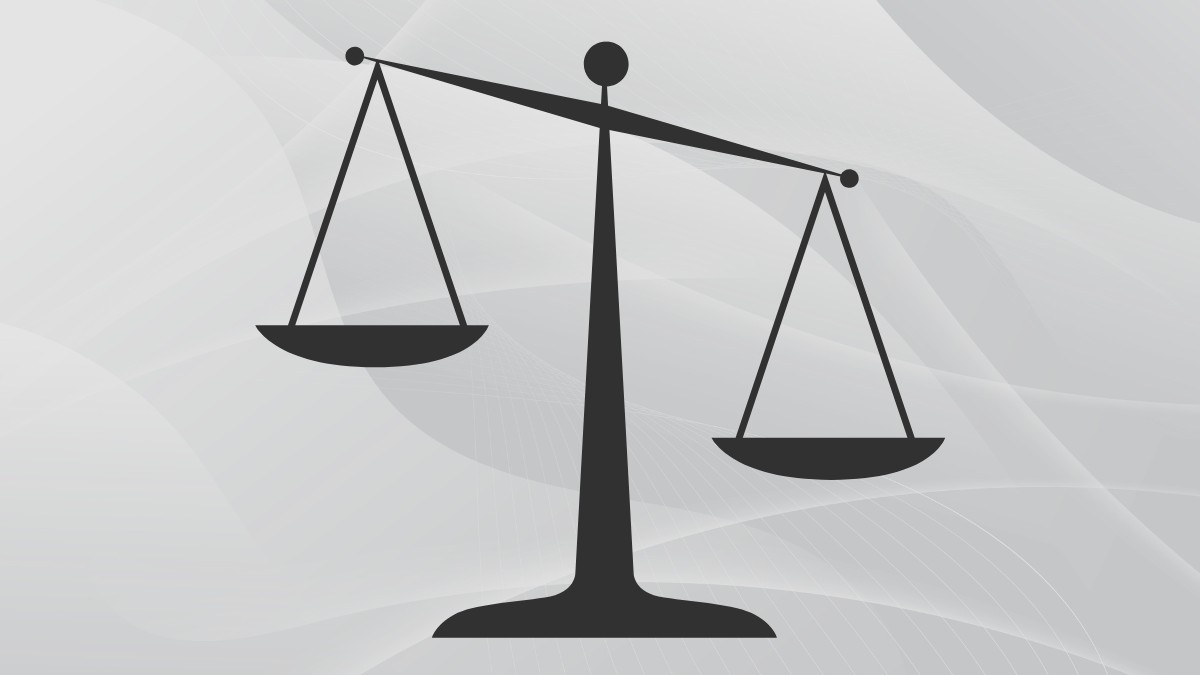
Unconditional Self-Acceptance Questionnaire
Do you truly accept yourself, flaws and all? Take this test to uncover your level of self-acceptance.

By Mark Travers, Ph.D. | January 15, 2025
Unconditional self-acceptance is a foundational aspect of psychological well-being, referring to the ability to embrace oneself without judgment, regardless of flaws or mistakes. It involves recognizing one's worth and treating oneself with kindness and compassion, regardless of external achievements or internal challenges. Cultivating unconditional self-acceptance enables individuals to acknowledge both their strengths and weaknesses without criticism or the need for perfection.
The Unconditional Self-Acceptance Questionnaire was developed to assess the extent to which individuals practice self-acceptance. This scale includes a series of statements that explore different aspects of self-acceptance—including self-compassion, resilience and the ability to remain positive even when facing difficulties. By completing this questionnaire, respondents can gain valuable insight into their self-acceptance levels, helping them recognize areas for personal growth. In turn, they can work towards a deeper sense of self-worth and emotional balance.
You can take this test here. Follow all of the steps to receive your results.
Step 1: Rate the following statements based on how much you agree with them on a scale of strongly disagree to strongly agree.
References: Chamberlain, J. M., & Haaga, D. A. (2001). Unconditional self-acceptance and psychological health. Journal of Rational-Emotive and Cognitive-Behavior Therapy, 19, 163-176.
